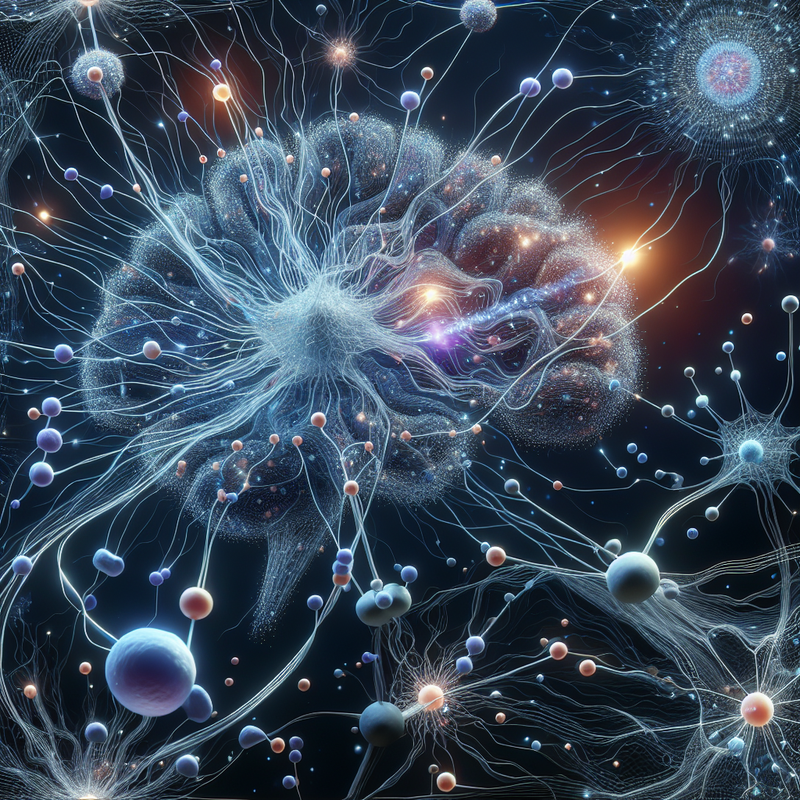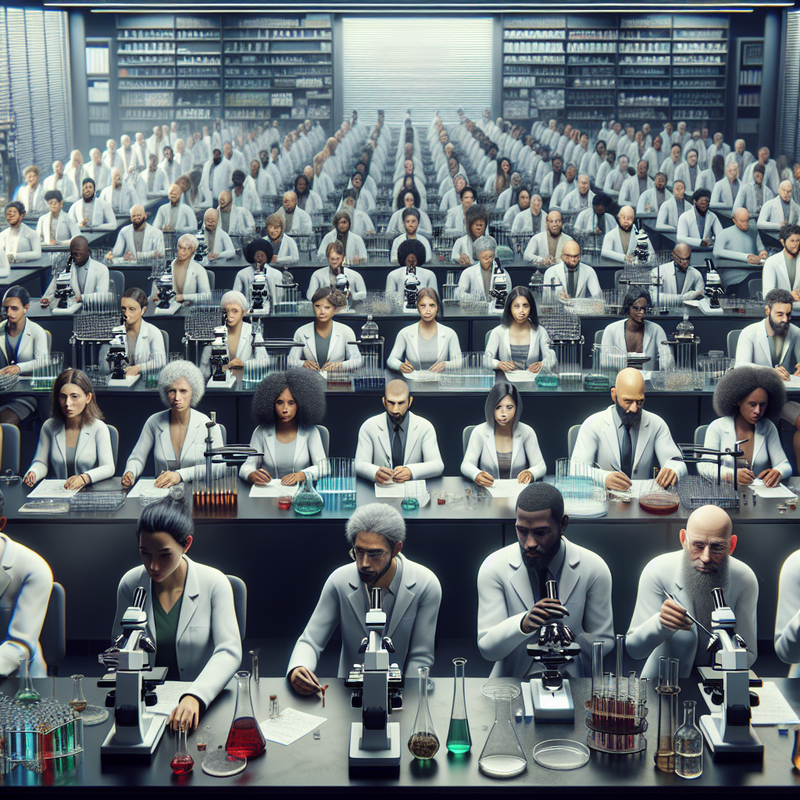Neuroscience experts have recently made an outstanding discovery
Neuroscience experts have recently made an outstanding discovery in relation to how our brains enable intelligent responses to new and unpredictable situations—areas of cognition that were more elusive compared to how the brain navigates space. Published in the acclaimed scholarly journal Nature, this research paves the way for a deeper understanding of our brain’s ability to generalize, derive meaning, and adjust when presented with new challenges.
Traditionally, neuroscientists relied on mathematical models to decipher how neurons behaved during simple, repetitive tasks, aiding in the progression of artificial intelligence that now surpasses human performance in certain games like Atari or Go. Yet, these models fell short when it came to mimicking the nuanced intelligence observable in both humans and animals. “Neuroscientists have been crafting mathematical models for years to illustrate brain activity piloting behavior in controlled, repetitive contexts,” the study’s authors noted.
Edward Tolman, a psychologist, had once proposed the concept of cognitive maps—mental frameworks that compile experiences and forecast possible future outcomes. This research brought to light the importance of cognitive mapping with the help of specialized neurons, such as ‘place cells’ and ‘grid cells’ in our hippocampus and entorhinal cortex. These neurons don’t just chart our physical surroundings; they facilitate abstract thinking, including generalization, deduction, conjuring imagined scenarios, and recollection of past events.
Insights from Rodents on Behavioral Generalization
Intrigued by the thought that special neurons might exist to organize behavior-oriented knowledge, researchers engaged mice in exercises that required them to understand sequences of actions within structured sequences. Even when the ultimate aims of these tasks were modified, the mice demonstrated the impressive ability to predict subsequent steps in the sequence, although they were encountering these altered circumstances for the first time.
Employing electrodes implanted in the brains of mice, the researchers noticed specific cells in the cortex that logged the animals’ strategic progress, regardless of where the actual goals were located. Their findings illuminated a neural network within the cortex containing “goal progress cells” that captured the mice’s actions within a behavioral landscape rather than a geographical one.
“Our findings demonstrate that these cortical neurons chalk out a map of the animal’s trajectory toward their goal, epitomizing a novel category of cognitive map,” commented the researchers. These new cognitive maps exhibit a high degree of plasticity, reshaping as the parameters of the task evolve, and allow for the anticipation of future action sequences beyond the scope of mere memory association.
Shedding light on both biological and synthetic intelligence, this scientific inquiry could shed light on human thought processes, suggesting that our past experiences with routine activities, like cooking, help us generalize and innovate in future similar endeavors.
As a milestone in understanding the sophisticated mechanics of intelligence across species, this research could entirely transform our grasp of cognitive capabilities and their applications..




